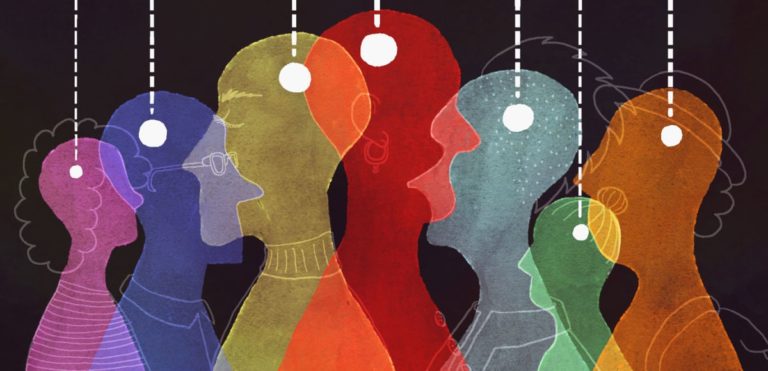If Canadians needed a reminder of why politics and energy don’t mix, they received more evidence recently in Alberta and Ontario.
Start with Alberta. A Postmedia freedom of information request to the Balancing Power Pool, an arms-length agency responsible for managing the province’s power supply, turned up an internal report that worried about increased government interference in Alberta’s power market.
Some history: Alberta’s NDP government is aiming to phase out inexpensive coal-fired electricity early and replace it with power generation from natural gas, wind and solar. It imposed another tax on carbon dioxide emissions this year in addition to one brought in back in 2007. It did so to both make coal-fired electricity unsustainable but also use the carbon tax proceeds to subsidize the switchover to these other electricity generation types. In other words, Alberta is making cheap energy more expensive while subsidizing costlier renewables.
As an example, when the province decided that several coal-fired power plants that would otherwise run for several more decades must instead be shuttered early, by 2030, Alberta’s governing politicians recognized they had a problem. Telling private companies their capital stock is suddenly of little value, courtesy of a government-mandated shutdown, would signal to those same companies not to invest in replacement power generation. It would tell investors to stay far away from the Alberta power market in the future.
To not dissuade future investment in electricity generation, Alberta’s NDP government offered payments to the soon-to-be-shut-down coal-fired facilities. Budget 2017 recorded an expense liability of $1.1-billion—compensation to coal plant owners—to be paid out over 14 years.
That reimbursement is just the start. The province will spend another $4.7-billion between 2016 and 2020 on everything from rebates to consumers (for government-caused higher power prices), retrofits for homes and businesses, subsidies to corporations for green power initiatives, and green infrastructure grants.
But the rising costs won’t end here. Alberta’s power market is complicated and its Balancing Pool was designed so if a government changed the rules in the middle of a long-term capital investment, a company with a contract could cancel the deal, thereby creating a loss for the Pool to cover. And that’s exactly what happened when the province introduced its newer, more costly and wide-ranging carbon tax that made some electricity more expensive.
But when the power purchase contracts are cancelled someone is on the hook. And that someone is you. As the undisclosed report obtained by PostMedia puts it, the Balancing Pool will “simply pass [the extra cost] on to consumers.”
This Alberta report is just the latest illustration how political interference in markets leads to higher costs. Another on Ontario’s plan to buy more power from Quebec also demonstrates how meddling in power will most likely drive prices up.
Marc Brouillete, author of a study that analyzes the 2016 Ontario-Quebec deal to see more Quebec power flow into Ontario to reduce natural-gas fired electricity generation, estimates the arrangement will cost provincial consumers $200-million more. Brouillete’s estimate, if bang-on, would be in addition to past political mismanagement of Ontario’s power grid.
Recall that such political interference already cost Ontario consumers billions of dollars and will pick Ontarians’ pockets for decades to come. A 2015 report from the Ontario Auditor General tracked the Global Adjustment fees on Ontarians’ power bills. The auditor characterizes such fees as “excess payments to generators over the market price for electricity.” Consumers paid more than necessary for home energy.
The incurred cost was $37-billion between 2006 and 2014, with another $133-billion forecast between 2015 and 2032. Since that report, the Ontario government in an act of political damage control decided to shift some current power costs to future generations. It did so by borrowing money now to pay part of today’s power costs. That merely shifts actual power costs to future consumers, a sort-of Ponzi power scheme. Prices will drop in advance of the 2018 provincial election and rise afterward.
All of this sums up the problem with political interference in the power market. Once governments and politicians start, their interference is expensive for consumers and sometimes taxpayers, and then they keep interfering in a futile attempt to fix earlier and costly errors.






